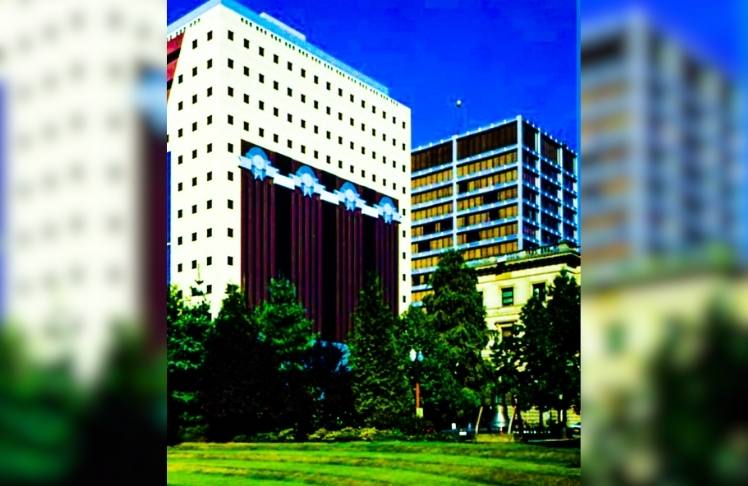
Oregon state lawmakers are considering approving a bill with incentives that would require local governments to waive system development charges. These charges are for developers seeking to convert a commercial building into a residential property. The bill would also require local governments to allow this conversion to take place without a zone change if required.
Zoning changes aren’t necessary in downtown Portland when converting offices into apartments. In the midst of this historic housing shortage, the idea of converting Portland’s surplus of vacant office buildings into apartments is major. But, there is a cost. The high cost of that type of conversion has kept most developers from going through with these types of conversions.
On the local level there is already movement. Recently, the Portland City Council unanimously passed a pair of incentives aimed at quashing property owners’ financial concerns and spurring residential development in downtown Portland. In 2022, Portland’s downtown office vacancy rates rose to 27%, up from 22% the previous year, while the entire metro region’s housing vacancy rates dipped to 4.9% from 6% in 2021.
One of the policies approved exempts office-to-residential building conversions from having to pay system development charges, or SDCs. These SDCs can often total tens of thousands of dollars which deters developers from making big building conversions. These are fees the city usually requests from developers to cover changes to public infrastructure that may result from a building redesign.
This waiver of SDC costs will only apply to developers converting a building to residential use who comply with a required seismic upgrade in the process. The policy will cover up to $3 million in SDC costs, or the cost of the seismic upgrade, whichever number is lowest.
There is a sunset provision. This particular exception is only in place until 2027. This is for the purpose of expediting development in the immediate future. If developers choose to request a system development charge exemption under this policy, they must agree to keep the building residential for at least 10 years. The building must also comply with the city’s inclusionary housing policy, which requires all residential buildings with 20 or more new units to keep a certain percentage of rents affordable for low-income tenants.















